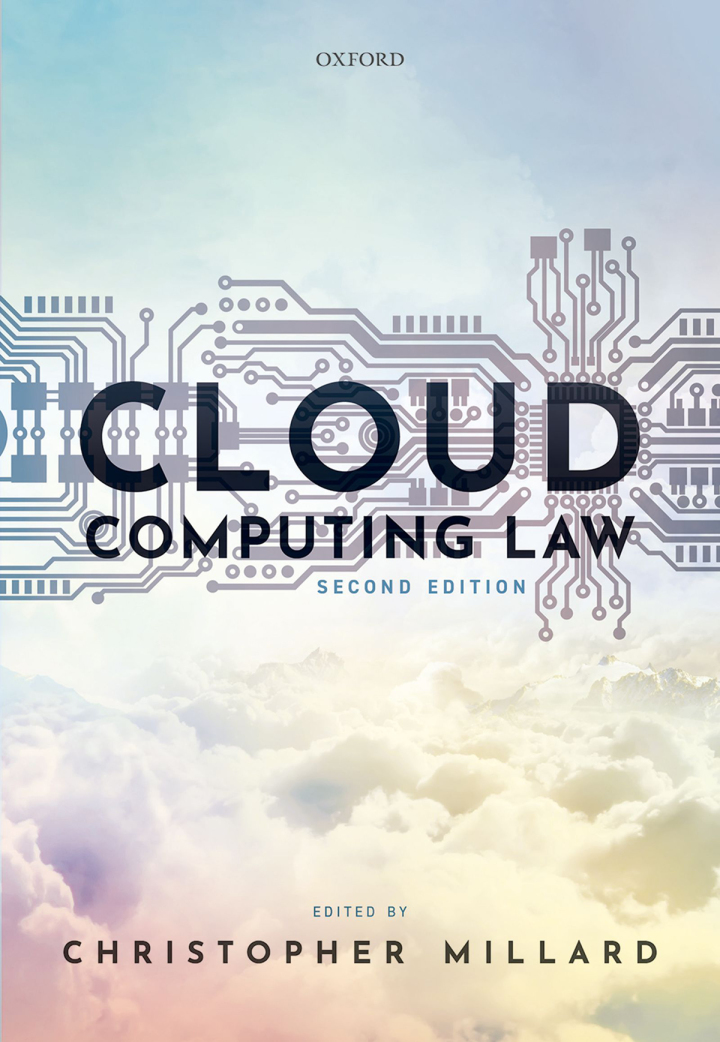Cloud Computing Law 2nd Edition
$17.88
Attention: This is just ebook, Access Codes or any other Supplements excluded! / File Delivery: Sent Via Email within 24 hours!
SKU: 8484e2d5feeb
Category: Law Textbooks
Description
-
Author(s)OUP Oxford
-
Publisher
-
FormatPDF
-
Print ISBN
9780191026089, 0191026085 -
eText ISBN
9780191026089, 0191026085 -
Edition
-
Copyright
- Details
Cloud computing continues to expand dramatically and the ‘as a Service’ model is now both mainstream and ubiquitous. Cloud now encompasses everything from the remote provision of essential computer processing and storage resources, through to delivery of complex business and government services, logistics, healthcare, education, and entertainment. The Covid-19 pandemic provided a striking demonstration of cloud computing’s global scalability and resilience, as billions of workers and students switched in a matter of weeks to working and studying ‘from home’. This book delivers an accessible analysis of the key legal and regulatory issues that surround cloud computing. Topics covered include contracts for cloud services, information ownership and licensing, privacy and data protection, standards and competition law, law enforcement access to data, and international tax models for cloud and other digital services. The book is organised in four parts. Part I explains what cloud computing is, why it matters, and what non-technical readers need to know about how it works. Part II includes a detailed review of standard contracts for 40 cloud services and highlights key legal and commercial issues that arise in negotiated transactions for cloud services. Ownership of, and access to, ‘digital assets’ are also explored. Part III focusses on the application of data protection and cybersecurity rules, including an in-depth assessment of the impact of the EU’s General Data Protection Regulation (GDPR) on providers and users of cloud services. Finally, Part IV addresses governance issues relating to public sector use of cloud, access to cloud data by law enforcement authorities, competition rules and standards, and the disruption to global taxation models caused by the rapid shift to cloud services.
Related products
-

Agency in Mental Disorder Philosophical Dimensions
Rated 0 out of 5$26.00 Add to cart -

Atrocity Speech Law Foundation, Fragmentation, Fruition
Rated 0 out of 5$43.88 Add to cart -

Against Capital Punishment
Rated 0 out of 5$12.35 Add to cart -

BEYOND CONSTITUTIONALISM OCON C The Pluralist Structure of Postnational Law
Rated 0 out of 5$22.10 Add to cart

